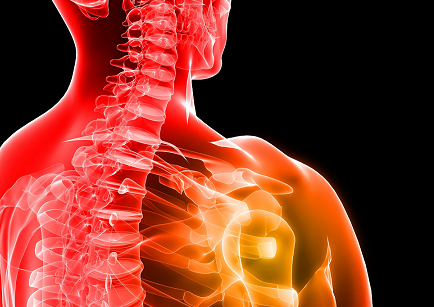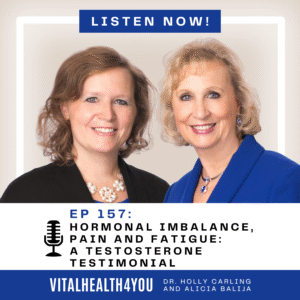Do you wake stiff in the morning and loosen up after moving around for a while? Or do you stiffen up as the day progresses? Either way it is an indication of inflammation in your body and can be uncomfortable. However, inflammation is a two-edged sword. We only hear about the bad half, but inflammation is good too.
When you are injured or have an infection, your body sends out the emergency response team to control, clean up and repair the insult. It is designed to protect the weakened area from further insult such as infection. It is also designed to localize injurious factors such as dirt and try to get rid of it. During the healing process, lots of activities are occurring and can make it uncomfortable. Some of the symptoms include pain, itching, swelling, redness and heat around the area. This is good. If normal tissue architecture cannot be regenerated successfully, scars occur. In an organ, failure to replicate the healthy framework can eventually lead to chronic inflammation, then disease. If progressed long enough, it may eventually lead to an auto-immune response.
If the body’s normal defense mechanism (inflammation) is overwhelmed, or less capable of performing properly, instead of being a normal acute response, it becomes chronic. In chronic inflammation, it now becomes destructive – the antithesis of its normal response.
If we can help the body in its good inflammatory response, we come far in reducing the damage it can create. If the lake is flooding and running over the properties into the houses, we can either wait for the damage to occur and go to work to clean up the catastrophe, or we can put sand bags around the perimeter and reduce the potential damage. We may still have some clean-up to do, but we have lessened it.
We have more control over helping or hampering this inflammatory response than you would think. Again, inflammation is good, but what can we do to keep it under control?
Certain foods are pro-inflammatory. This means they contribute to overwhelming the banks of inflammation. While these foods are inflammatory for many, they are not inflammatory for all. Foods referred to as the “nightshade family” – potatoes, tomatoes, eggplant and peppers – can increase “bad” inflammation. Gluten, sugar, acid foods and pasteurized dairy products are inflammatory as well. Any foods that someone is allergic or intolerant to, can be inflammatory.
Likewise, some foods are anti-inflammatory in their effects, helping to either help in the rescue efforts, or reduce chronic inflammation. Turmeric, for instance, is helpful, but if not partnered with enough black pepper or fenugreek is hardly effective. For some, the mild effectiveness, if not taken properly, is better than nothing at all. Avoiding pro-inflammatory foods as mentioned above can be helpful.
Acupuncture is a treatment with a reputation of having a strong effect on reducing chronic, harmful inflammation. If you are chronically inflamed, achy during the morning or at any time, acupuncture may be a welcome relief for you.
©2019 Holly A. Carling, O.M.D., L.Ac., Ph.D.







